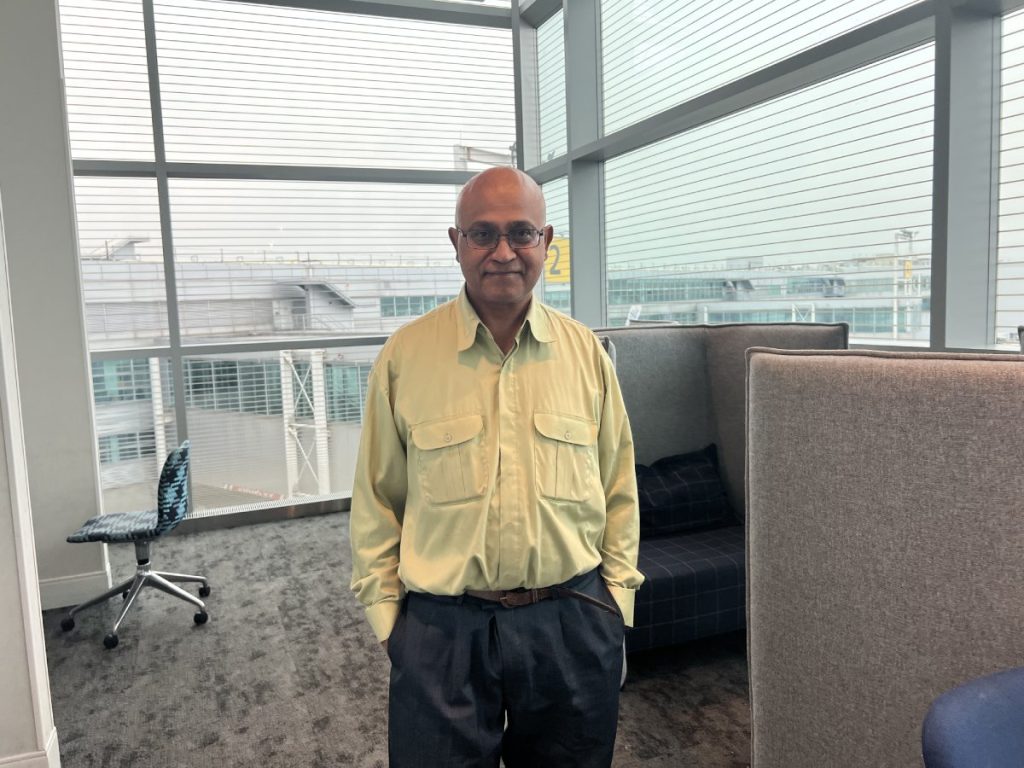It has been brought to my attention that a court hearing (in front of Chief Justice Roxanne Myers) was heard last Wednesday on a matter pertaining to whether an independent can run for office. The challenge is long overdue as Guyana’s laws deny one’s right to be truly independent of others. Denying anyone the right to run for elective office is a gross violation of democratic rights. The court is probably asked to determine its constitutionality and to permit an independent to run for any office in the country. A candidate must not be forced to have political affiliation.
In virtually every country, certainly in every traditional democracy, like the ABCE countries, and all Commonwealth and CARICOM countries, an independent can seek elective office. Guyana is a sole exception. According to Guyana’s ROPA,Representation of Peoples Act, a candidate cannot run as an independent; he or she must run as a member of a party for any national office. That part of the act undermines democracy. For the local election, ROPA allows independents to run. Why the law allows independent candidates to run for local and not national office is not clear. That in itself is unconstitutional. The law must be consistent in allowing or not allowing an independent to run for all offices. The USA just held an election last June 24 and last November. Independents were on the ballot. Dozens of other countries including Canada, UK, New Zealand, India, recently held elections. Independents were on the ballot.
In Guyana, to run as a candidate for national office, one must form a party and be associated with at least 65 other individuals who must also be candidates for office. And the party must have a Presidential candidate. That very idea violates the principle of being an independent candidate and violates one’s right to run for office without being forced (mandated) to be associated with others. While one has a right to be associated with a party or movement, he also enjoys a right not to be associated with it. One may want to run as a Member of Parliament and not for President. One may want to run for one of the 25 geographic seats and not a top up seat. Senior and King Councils I engaged in the Caribbean say that aspects of ROPA are unconstitutional as they contradict Guyana’s constitution; lawyers in India also form the same conclusion.
There are countless cases in Commonwealth jurisdictions where laws denying independents of seeking office were struck down by constitutional or appeal court. Ms. Myers has an opportunity to create history in Guyana by striking down aspects of ROPA that are inconsistent with rights granted in the constitution.
ROPA has several contradictions with the constitution including the one that mandates a person to run for office only in association with a party. The constitution grants right of association and non-association. In the CESS case in Trinidad (1975), in which Guyanese Dr. Fenton Ramsahoye and Ramesh Maharaj appeared as lawyers for plaintiff, the appeal court overturned a lower court’s ruling that had required the plaintiff to join with others, establishing the precedent of ‘independence’. That will render at least one aspect of ROPA as unconstitutional, allowing anyone to seek office without having been coerced to run under the banner of a party.
In USA, the constitution does not address the concept of elections – how one can seek office; political parties are not mentioned in the constitution. The court allows citizens to run for office as a member of a party as well as independent individuals to seek office. Guyana should allow independents to run for all offices. Independents provide voters with non-partisan choices, and the country needs them more now than ever before because of widening racial polarization.
